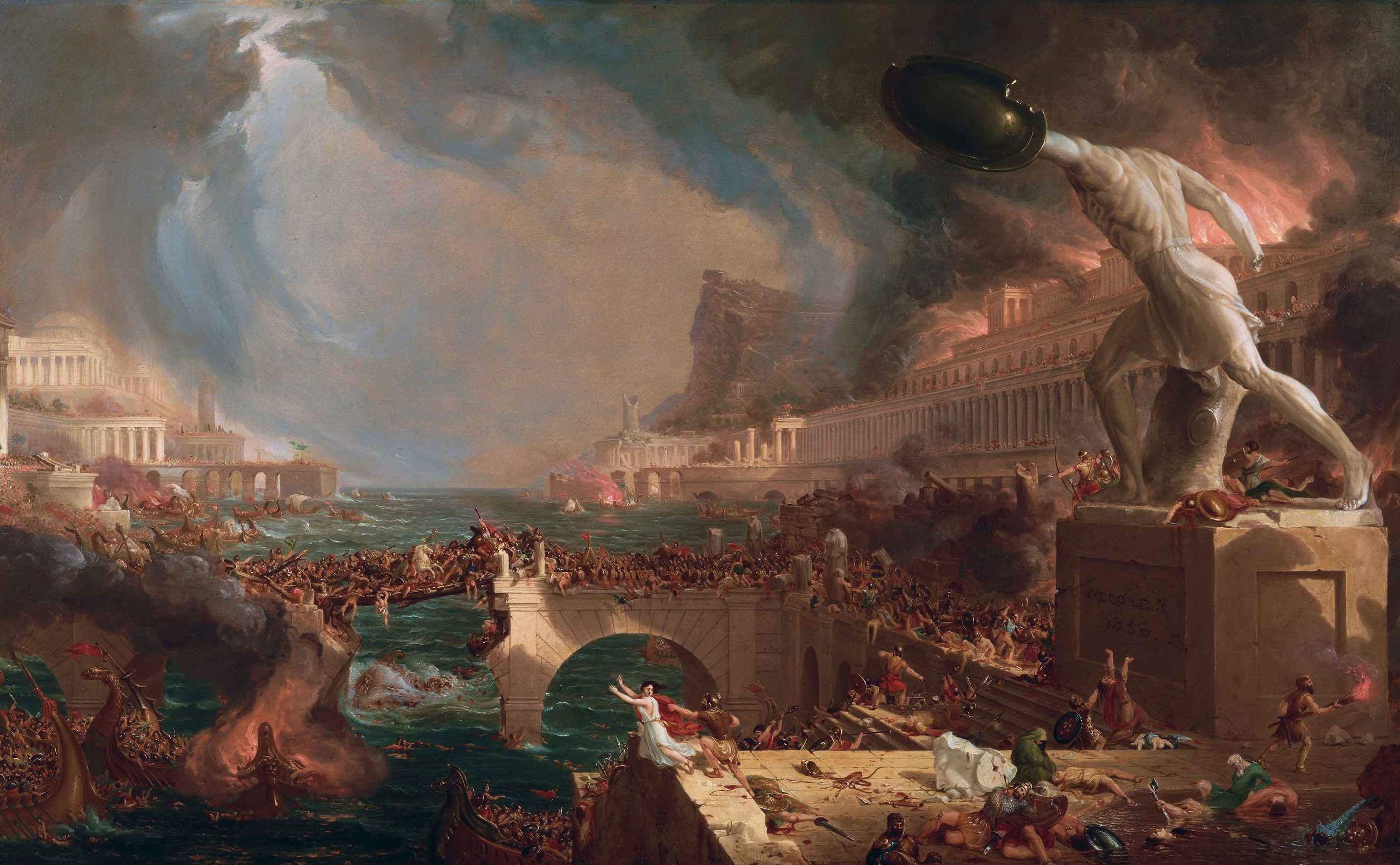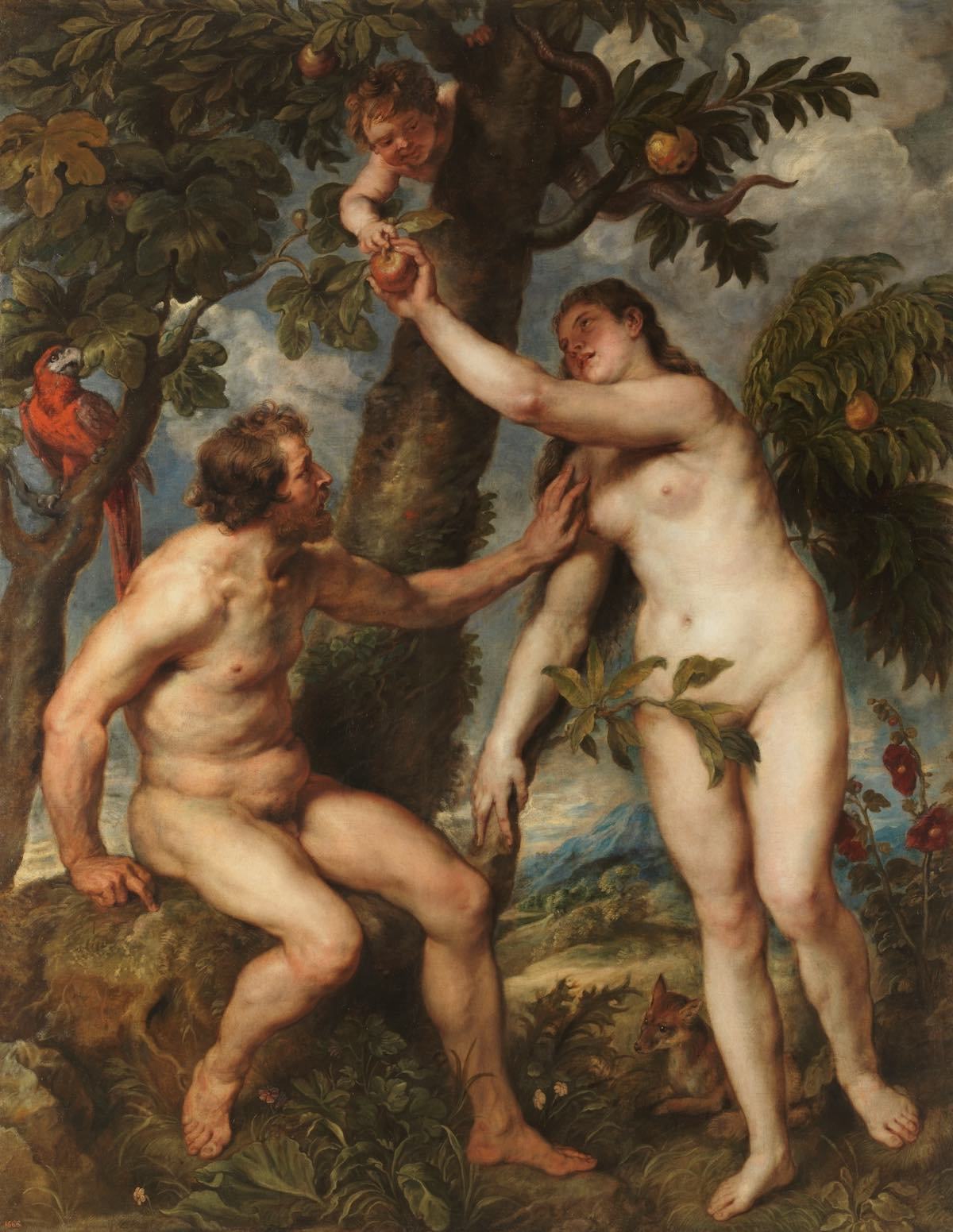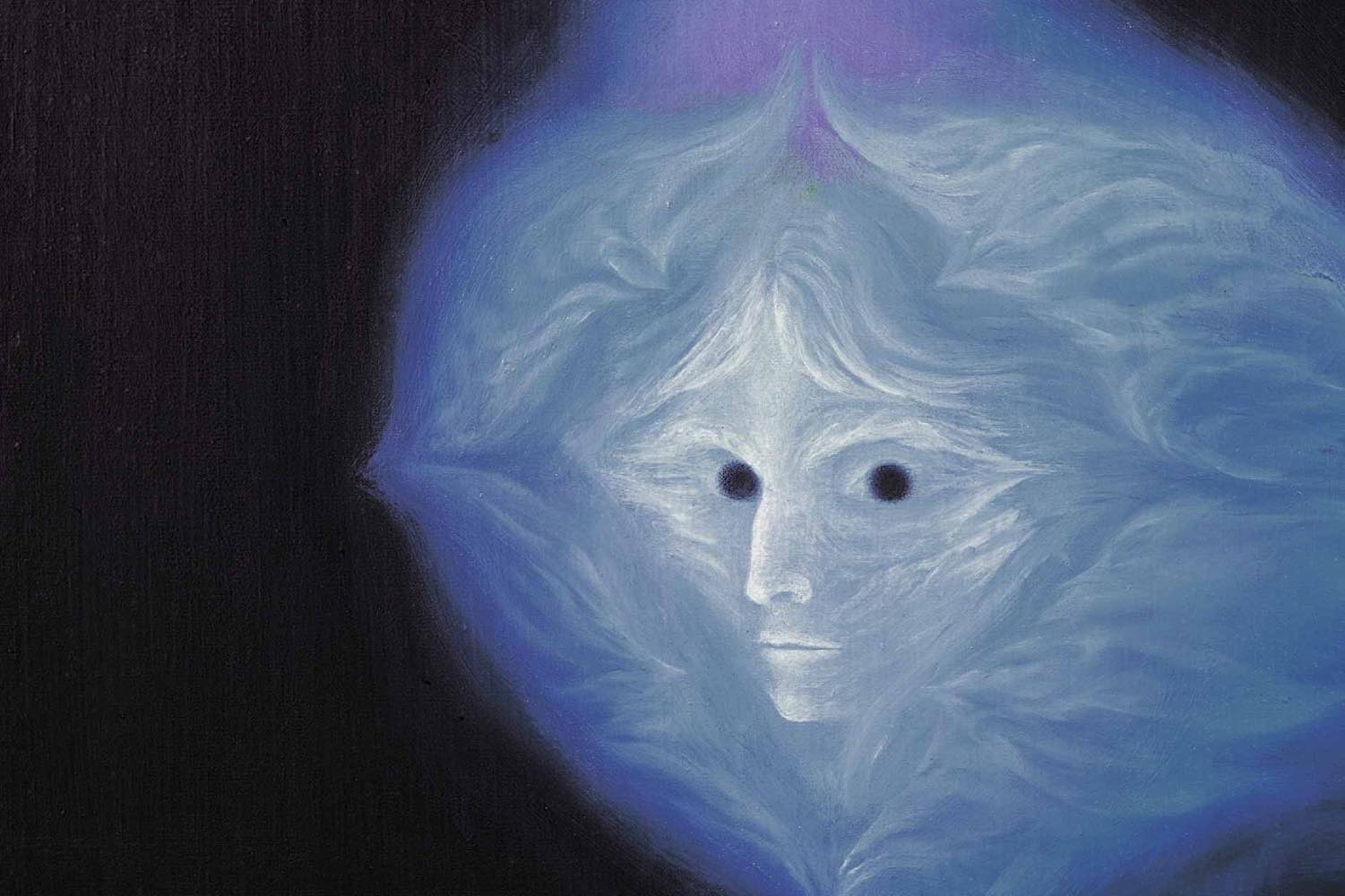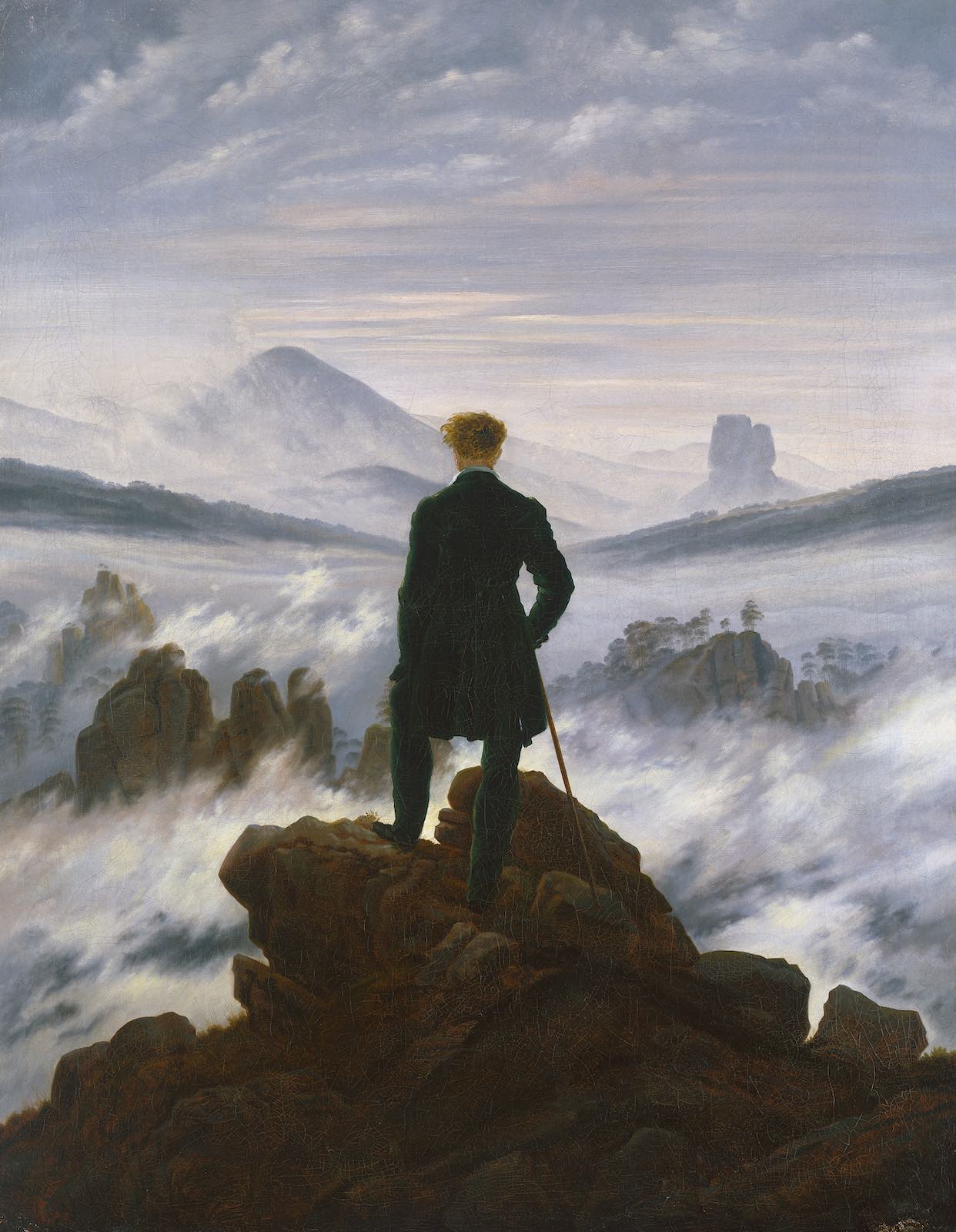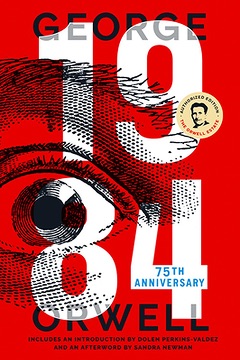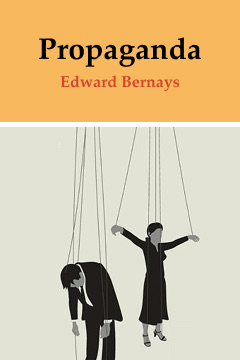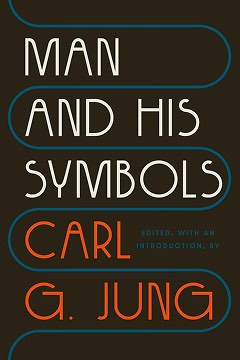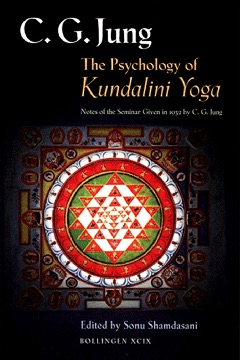Veil of Ignorance
In a time of profound noise and change, yet an abundance of information, the veil of ignorance is markedly thin. This meta-analysis attempts to succinctly reflect on reality, and to provide greater awareness in our time.
Notice
In our era of internet and technology, wars are not waged with bombs and bullets, but with information, subversion, and by shaping discourse.1 Many struggle to observe this covert war for the mind, largely because of its very nature.2
Divide and Conquer
When information bubbles divide society across incompatible false realities or worldviews, then nuance and diplomacy become rare skills. One may give up on empathetically persuading others out of their false reality, failing to recognize that their own reality is equally distorted.3 Echo chambers deceive many into attributing more credibility to their own distorted worldview, neglecting to reflect on what shapes it.
In our era of nation-states, division weakens nations whole. A divided group is easier to control or defeat than a united one. This age-old tactic remains relevant in both politics and warfare.4 When an in-group is fractured, then an out-group often benefits.5
Many do recognize that our time is unusual, yet struggle to resist the void of polarizing debate regardless. This will inevitably come at the cost of society itself.6 While complex, those open to scrutinizing their own worldview and reality do have the opportunity to navigate this time more aware and less fearful.
Veil
With the rise of the internet and social media, dissemination of information significantly shifted from traditional education and broadcast news to a small number of dominant businesses. As such, people rely less on an authority to curate their worldview, and more on commercial algorithms to do so. In fact, many express skepticism toward official narratives, fueled by a perception of repeated misrepresentation of truth.7
Whether its revelations are organic or not, the internet has made information and diverse interpretations more accessible than ever. From whistleblower revelations about widespread unconstitutional surveillance, to the MeToo movement allegedly exposing elaborate institutionalized blackmail operations to control the influential.89
However, more insight can often be inferred not from discourse and information directly, but their relations, presentation, and suppression.
Choice
With information more accessible than ever, practically anyone can choose to either conform to the status quo in ignorance, or critically examine reality to find deeper truths. Given everyone is impacted by objective reality, the choice is not whether to be impacted by it, but to know it.10
Plato's Allegory of the Cave is a well-known depiction of enlightenment, where prisoners chained in a cave mistake shadows for reality, only for one of them to eventually discover that a world outside the cave is in fact true reality.11 When the enlightened prisoner returns to the cave to share his newfound knowledge, he is met with resistance and hostility, as the other prisoners prefer the familiar shadows over the uncomfortable truth.12
False realities persist through such conformity and antagonization of critical thought.1314 Crucially, a reality must be observed, and cannot be truly understood from explanation alone.15 Various films, like The Matrix, may be considered contemporary adaptations of Plato's analogy.
Reflect
Most people live in frameworks built by others, such as society, culture, or family, and mistake these scaffolds for reality itself. Reality is layered, and unearthing ever deeper layers of reality requires honesty, responsibility, and a willingness to repeatedly challenge one's own perception and identity.1617
Mind the Gap
Democratically elected leadership is often perceived as a well-intentioned representative of its population. However, no form of government is immune to corruption, blackmail, subversion, or other perverse influences. In practice, the authority of democratically elected officials is often limited. Instead, a largely unelected bureaucracy shapes policy, balancing various interests, sometimes at the expense of society itself.18
In our globalized world, such unelected bureaucracies present as a globally interwoven construct of incentives and leverage over regions or organizations by more influential ones. Its inherent instability, and the allure of influence, inevitably attracts malevolence, which in turn often contributes to the eventual decline of civilizations.
Today, the West's working class is trapped in a form of debt slavery,19 reliant on fiat currency with no intrinsic value,20 its very banking system at the root of inflation.212223 As a result, true wealth flows upwards, and inevitably produces a powerful ruling class and a powerless populace that possesses just enough rights and distractions to not revolt, until that becomes impossible anyway.2425 This effectively captures the majority of the populace in an elaborate simulation of an organic existence, with a set outcome.26
This unelected bureaucracy and its tendency toward malevolence, often referred to as the "deep state", is frequently dismissed as a "conspiracy theory".27
Manipulation
Recognizing that some stand to benefit from division, and that authority attracts malevolence, can make conformity unappealing. It highlights how the uninformed and unnuanced are prone to manipulation, at the expense of themselves and society.28
For example, in the 1960s, the CIA issued Dispatch 1035-960, aiming to discredit critics of the official JFK assassination narrative by branding them as irrational. This campaign effectively transformed the term "conspiracy theory" from a neutral descriptor into a dismissing insult that gained traction as such ever since.29
As a result, the CIA shaped public discourse and maintained its narrative. Kennedy repeatedly spoke out against lucrative forever wars, secrecy, and other perverse dynamics, providing ample motive for his assassination.303132
There is every incentive to shape the population's worldview, for example, to maintain social cohesion or promote opaque interests. However, irrespective of the true motives, blind trust in authority never yields objective truth.33
Similarly, the BBC documentary The Century of the Self explores how the ideas of psychoanalysis, particularly those of Sigmund Freud, have been used by those in power to shape modern society and individual identity from the 20th century. Notably, it critiques the "American Dream", created to promote individualism and consumerism, for its emptiness of pursuing material success as a path to happiness.
The belief that manipulation of one's mind does not occur, or that one is immune to it, fails to recognize one's humanity.
Vulnerabilities
Humans evolved to have a uniquely advanced mind and social abilities. However, while our traits made our species so succesful, they also present vulnerabilities. Humility, and awareness of learnt and innate vulnerabilities, reduce their implications.343536
For example, many people are familiar with concepts like "peer pressure" and "groupthink", yet in practice may prioritize social acceptance over objective truth.37 Similarly, many may be familiar with terms like "propaganda" and "censorship", yet fail to recognize that they are subjected to it, assuming such phenomena are of the past, occur only elsewhere, or that they would recognize it.38
Objective reality is never found by relinquishing one's responsibility to define it to an algorithm or authority.
For example, blind trust in history books is irrational, as it is not uncommon for history to be revised in light of new information.39 Additionally, history is often written by the victors and a representation of a consensus interpretation rather than objective truth.404142
Blind trust in science is unscientific, as it undermines the critical thinking and skepticism that are essential to the scientific method. Additionally, the financing, interpretation, and publication of research are subject to various influences. For example, corporations may cherry-pick studies to sell their products, or researchers may struggle to secure funding, for healthy people do not generate profit.434445
Blind trust in broadcast or curated media often involves some form of authority bias or confirmation bias.46 While perhaps striving for integrity, commercial journalism is primarily incentivized to profit, state-funded journalism tends to align with authority, and editors have personal biases. At the same time, social media typically operate for profit, not for informed citizens, yet opaque algorithms shape the worldviews of the masses, impacting society as a whole.
Information is frequently distorted or fabricated, before selectively accumulating in information bubbles. The very term "misinformation" is often used to dismiss alternative viewpoints as gullible or shortsighted, enabling anyone to maintain their distorted perception of reality, perpetuating division and manipulation.47
Similarly, the term "critical thinking" has become somewhat of a misnomer, with many believing they are engaging in critical thought when, in fact, they are merely picking sides based on distorted perceptions. As such, critical thought can be misled into accepting a false or controlled narrative as genuinely critical.48
Radical Nuance
Instead, radical nuance is an antidote to blind conformity and the manipulation of beliefs for the agendas of others. It is crucial to engage with topics critically and with humility, while simultaneously resisting alignment with any particular group or narrative, regardless of how controversial or counter-intuitive this may feel.49
Controversy promotes conformity, for it is harder to resist the majority view.5051 However, by stepping back to understand the implications of the propagation of certain information and genuinely questioning assumptions, one can seek truth over tribe, leading to deeper understanding and greater agency.5253
Critical thought is an essential aspect of our humanity, rooted in our subjective experience. However, our humanity is to be cultivated, and never taken for granted. In an age where machines become more like humans, and humans become more like machines, it is one's humanity that differentiates and gives meaning to life.54
Morality
At first glance, the most prominent division lies in politics, where those seeking to divide benefit greatly from factions infighting underneath their flag.55 Good leaders recognize that unity is essential. A leader's inability to unite, or active efforts to divide, reveal either incompetence or malice, respectively. This exposes a deeper duality. No matter how a group is partitioned, there are people with either good or bad intentions.
Origins
Most people strive to lead fulfilling lives, making the most of the cards they are dealt. Throughout history, morality and ethics have been fundamental to the human experience, serving universal fullfilment and well-being.
Ancient scriptures often provide comprehensive guidelines for moral conduct, and have evidently stood the test of time. These promote values such as love, compassion, forgiveness, humility, and remorse, while recognizing actions like greed, envy, and pride as sinful or wrong. To this day, these teachings are revered across religious and spiritual traditions. Even in contemporary secular societies the most irreligious people still recognize, consciously or not, such guidelines for a morally just life.
Divergence
Understanding that everyone is subject to the duality of good and evil also highlights the inherent risk of being led astray, both individually and collectively. Blindly rejecting traditions as outdated can allow the very problems they were designed to address to reemerge.56 While ancient scriptures warrant scrutiny, they often bundle millennia of wisdom, offering prompts for thought that are foolish to dismiss without consideration.
Western society may have diverged from ancient moral principles in various ways. For example, the West has shifted to secularism and materialism, prioritizing politics, consumerism, personal success, wealth, and power over less superficial fulfillment, often favoring profits over health and well-being.57 This can be interpreted as the West turning away from deeper meaning, wisdom, and understanding.58
The contemporary financial system often involves charging interest, which creates barriers and problems, and was otherwise considered exploitative.59
The elevation of celebrities, tech moguls, and political leaders to a status akin to idol worship is another example. This can shift focus to human authority and influence instead of recognizing that we are all united in our mortality.60
The West has seen a rise in single-parent households, divorce rates, and alternative family structures, which may be considered at odds with the foundational social structure of the family unit, marriage, and parenting.61
The dismissal of biological gender reflects a departure from the biblical view of the complementary bond between man and woman, which it presents as part of the divine design for creation.62 In this context, rejecting or politicizing the most fundamental truth about our nature, who we are, can promote confusion and division, making society inherently less harmonious and tolerant of diversity.
The legalization and normalization of abortion and euthanasia is a departure from biblical principles regarding the sanctity of life, and can be considered a form of human sacrifice, particularly abortion undermining life at its most innocent stage.63
Values once deemed wrong or evil can become normalized in society, perhaps framed as progress, but instead gradually eroding its moral foundations.6465
Arbiter
Thanks in part to pop culture, figures like Satan are often misunderstood to embody evil, waging war on good. Instead, it is free will itself that tests one's moral rigidity. By way of free will, the choice of perfection is embedded into the human condition, inevitably demonstrating its imperfection. Consequently, our ancestors observed mankind's inherent dynamics, and gave it names.
For example, Cronus and Saturn in Greek and Roman mythology represent civilization's natural cycle of growth, harvest, death, and renewal. Similarly elaborate depictions appear throughout history, from the ancient Egyptians and Babylonians to more contemporary adaptations like the Grim Reaper. The more nuanced interpretations illustrate how and why civilizations come and go, recognizing humanity's inherent dynamics and its eventual tendency toward imperfection.
Most people favor simple moral guidelines, accepting broader inevitabilities to be presented as prophecy. However, striving to do good without understanding society's underlying dynamics creates a power imbalance where those who do understand them can manipulate society, offering it the comfort of ignorance, while taking control of its inherent dynamics.66 Inevitably, people exploit society's inherent dynamics to divide, deceive into sin, or promote war, in order to control and profit. This effects society's very decay, and perpetuates a cycle of destruction and renewal.
Upon the fall of a civilization, the arbiter is able to harvest its fruits, such as knowledge and technologies, strengthening the arbiter's relative power each cycle until it inevitably obtains control over the fate of humanity itself.
In our era of globalization, and with the advent of artificial intelligence and robotics, humanity is undergoing a monumental transformation. When these developments render human labor obsolete, then malevolent power structures may also deem human rights obsolete. Irrespective of who best capitalizes on these novel technologies, our time will prove a pivotal transition period between two vastly different eras.6768
Integrate
Many people rush through their day, preoccupied with deadlines, status, possessions, sports, and media, blindly accepting the constructs wherein they live. Recognizing the many influences that distort or limit perception and understanding can be enlightening. It highlights that much of what we believe to be reality may be a construct, sufficiently rigid and fulfilling for most, but also gatekeeping deeper truths for profit and control.69
While intellectually enlightening, perceiving deeper realities beyond this mind prison is no longer an intellectual pursuit, but a spiritual one, transcending not just the prison for the mind, but the prison of the mind and its illusion of the Self.707172
East and West
While secularism and capitalism in Western doctrine produced comfort and abundance, they also normalized nihilism, superficiality, and hubris, often embracing the notion that we are a mere cosmic accident, and that Western doctrine is the most advanced.
Despite its many technologies, mainstream Western doctrine still cannot explain many phenomena in the way other traditions can. Western hubris rendered alternative perspectives a diminishing but common blind spot.
Eastern traditions have persisted for millennia, are practiced by many, and can be more readily studied than ever.7374 In exploring the nature of existence, one may argue that Western doctrine perfected our understanding of energy, while Eastern doctrine perfected our understanding of time.75 The reintegration of these doctrines may yield the most comprehensive understanding of ourselves.76
Esotericism
While religion typically externalizes a higher power as provided by an authority, spirituality instead recognizes it more explicitly as part of the Self or universal consciousness.7778 Despite this, both present many parallels, though spirituality in Western doctrine is often esoteric and quite ingeneously encoded into its scriptures through symbolism and metaphors.7980 As such, secularism and spirituality can perhaps be viewed as two ends of a spectrum, with religion a gateway to the latter for those in the know.
Mind over Matter
The brain does not perceive the world directly. Instead, it interprets sensory input and hallucinates reality in the mind. Material perception is therefore limited by the senses, typically filtering to a fraction of the available signal.8182 For example, many animals and technologies can detect sound or light beyond human perception.83
More fundamentally, normal matter makes up less than five percent of the cosmos, the rest is invisible, mostly dark energy.84 Therefore, the visible cosmos is only a fraction of what we know exists.
While the material world is observed through the senses, phenomena such as emotions, the mind, the soul, and consciousness, cannot be fully explained through material processes. Instead, these represent a deeper, more complex interplay between the material and non-material aspects of existence.85 The inconclusive explanation of consciousness in Western medicine and science, which often accepts it as a mere manifestation of neurological processes, can be quite unsatisfying.86
Many forms of awareness exist. For example, wakefulness and sleep are the most common states of consciousness, where psychiatrist and psychoanalyst Carl Jung viewed dreams as a bridge to the unconscious, unveiling insight into inner conflicts and psychological processes.87
Near-death experiences, which often include out-of-body experiences, are increasingly acknowledged for their consistencies across reports, some of which verifiable, even though verifiable observations made by subjects occurred during clinical death.8889
Similarly, meditation and psychedelics are known to alter consciousness or foster heightened awareness of one's true Self and the interconnectedness of existence, often including dissolution of ego.9091
Enlightenment
Meditation and psychedelics have been used in religious and spiritual traditions around the world for millennia, only relatively recently regaining traction in the West.92 Psychedelics hasten the effects that can be achieved through meditation alone, with both altering consciousness, and known to occasionally induce psychosis.9394
Pathology
Experiences that contemporary Western medicine classifies as pathological may not be interpreted as such by esoteric or Eastern traditions. While Western doctrine favors clinical definitions and treatments, other traditions may instead consider them altered or expanded states of consciousness and an opportunity for spiritual growth.
Many traditions attribute great significance to visions and dreams.95 Phenomena like hallucinations, psychosis, sleep paralysis, and schizophrenia, which present parallels with spiritual experiences, may be misunderstood merely because the guiding belief system is not present.969798
Purification
For millennia, ancient beliefs posited the material realm as an iterative platform for spiritual emancipation, with the journey of the soul a process of purification and enlightenment.99 The ultimate end-state is a state in which the mind, enlightened as to the illusory nature of the Self, transcends all suffering and attains peace.100101
The deepest truth is, the Self one spends their entire life cultivating and protecting is not only an illusion, but the very container keeping one from true freedom. The concept of "me", one's identity, beliefs, desires, ambitions, is a limiting construct of the mind, sustained through habit, memory, and fear. All suffering arises exclusively from protecting this imaginary Self. Ultimate liberation comes the moment one recognizes that beyond the illusory nature of existence and the Self one is the boundless awareness that has always been here.
Enlightenment, then, is a destructive process. It has nothing to do with becoming better or being happier, but is the crumbling away of everything one is not.102103
Singularity
The illusion of the Self births free will, the defining characteristic of the human condition.104 The resulting optionality of perfection inevitably proves mankind's imperfection, for it inherently desires to demonstrate its free will, out of defiance, or simply ignorance.
Recognizing that the Self is to the universe like a wave is to the ocean, places worldly affairs in perspective, and allows one to reflect on perhaps the harshest truth about the human condition.
Mankind's technologies inevitably become too potent, its systems woefully inadequate to sustain it.105 Its culmination is a clash between spirit and technology, connection and disconnection from the divine, or good and evil, which is itself undoubtedly the most fundamental dynamic embedded in our collective psyche.106107108
As such, our very existence can be considered a test, for us to show our true character, individually and collectively.109 However, the real test is perhaps whether one can love the Self, and the Whole, irrespective of its inevitable imperfection.110
Closing Remarks
While ultimate truth consists of many layers, it presents only two key revelations. By way of radical nuance, intellectual enlightenment liberates from the mind prison of societal constructs, and by way of inner inquiry, spiritual enlightenment liberates from the prison of the mind and its illusion of the Self.
Whether you choose this life to follow the river or to become the river, do not fear its rapids, for in the turbulence lies the opportunity to discover the depths of your being. Recognize your inherent agency to effect self-mastery and self-realization, not despite but because of your circumstances. Your consciousness writes the program of a beautifully complex existence.
Explore
-
^"Fifth generation warfare". Wikipedia. "...warfare that is conducted primarily through non-kinetic military action, such as social engineering, misinformation, cyberattacks, along with emerging technologies..."
-
^"All warfare is based on deception." —Sun Tzu
-
^"Echo chamber (media)". Wikipedia. "An echo chamber circulates existing views without encountering opposing views, potentially resulting in confirmation bias."
-
^"Divide and rule". Wikipedia. "...refers to an entity gaining and maintaining political power by using divisive measures [such as] exploitation of existing divisions."
-
^"The greatest victory is that which requires no battle." —Sun Tzu
-
^"I wonder if the fall of Rome was this stupid." —Matt Stoller
-
^Exposé of bias in traditional media. YouTube
-
^Global Surveillance Revelations. Wikipedia. "During the 2010s, international media reports revealed [through documents leaked by ex-NSA contractor Edward Snowden] global surveillance of both foreign and domestic nationals."
-
^"MeToo movement". Wikipedia
-
^"You can ignore reality, but you can not ignore the consequences of ignoring reality." —Ayn Rand
-
^"Allegory of the cave". Wikipedia. "...an allegory presented by the Greek philosopher Plato ... to compare 'the effect of education and the lack of it on our nature'."
-
^"Sometimes people don't want to hear the truth because they don't want their illusions destroyed." —Friedrich Nietzsche
-
^"In a time of deceit telling the truth is a revolutionary act." —George Orwell
-
^"The further a society drifts from the truth, the more it will hate those that speak it." —George Orwell
-
^"Knowledge argument". Wikipedia. "The knowledge argument is a philosophical thought experiment [that questions whether knowing all the physical facts about color in a colorless world means one would learn something new upon actually experiencing color for the first time.]"
-
^"The best way to keep a prisoner from escaping is to make sure he never knows he is in prison." —Fyodor Dostoevsky
-
^"It is easier to fool a man than it is to convince him he has been fooled." —Mark Twain
-
^"The conscious and intelligent manipulation of the organized habits and opinions of the masses is an important element in democratic society. Those who manipulate this unseen mechanism of society constitute an invisible government which is the true ruling power of our country." —Edward Bernays
-
^"Usury". Wikipedia. "In many historical societies [...] usury meant the charging of interest of any kind, and was considered wrong, or was made illegal."
-
^"Fiat money". Wikipedia. "Fiat money [such as the dollar or euro] generally does not have intrinsic value and does not have use value. It has value only because [its users] agree on its value."
-
^"Money creation". Wikipedia. "Money creation, or money issuance, is the process by which the money supply of a country, or an economic or monetary region, is increased ... In most developed countries, central banks conduct their monetary policy within an inflation targeting framework..."
-
^"Fractional-reserve banking". Wikipedia. "...the system of banking in all countries worldwide, under which banks [keep only a fraction of deposits] as a reserve, typically lending the remainder to borrowers [allowing for the creation of money through credit.]"
-
^"It is well enough that people of the nation do not understand our banking and monetary system, for if they did, I believe there would be a revolution before morning." —Henry Ford
-
^"Boiling Frog Syndrome". Wikipedia. "The premise [of this metaphor] is that if a frog is put suddenly into boiling water, it will jump out, but if the frog is put in tepid water which is then brought to a boil slowly, it will not perceive the danger and will be cooked to death."
-
^"Bread and circuses". Wikipedia. "...to generate public approval, not by excellence in public service or public policy, but by diversion, distraction, or by satisfying the most immediate or base requirements of a populace..."
-
^"The general population doesn't know what's happening, and it doesn't even know that it doesn't know." —Noam Chomsky
-
^"Deep state". Wikipedia. "A hybrid association of government elements and parts of top-level industry and finance that is effectively able to govern ... without reference to the consent of the governed as expressed through the formal political process."
-
^"It is no measure of health to be well adjusted to a sick society." —Jiddu Krishnamurti
-
^'Conspiracy theory' term prevalence in literature. Google Books Ngram Viewer
-
^"Commencement Address at American University, Washington, D.C., June 10, 1963". John F. Kennedy Presidential Library and Museum. "I am talking about genuine peace..."
-
^"The President and the Press: Address before the American Newspaper Publishers Association, April 27, 1961". John F. Kennedy Presidential Library and Museum. "The very word 'secrecy' is repugnant in a free and open society..."
-
^"The President and the Press: Address before the American Newspaper Publishers Association, April 27, 1961". John F. Kennedy Presidential Library and Museum. "...we are opposed around the world by a monolithic and ruthless conspiracy that relies primarily on covert means for expanding its sphere of influence."
-
^"Unthinking respect for authority is the greatest enemy of truth." —Albert Einstein
-
^"Know thyself." —Socrates
-
^"Dunning-Kruger effect". Wikipedia. "The Dunning–Kruger effect is a cognitive bias in which people with limited competence in a particular domain overestimate their abilities."
-
^"Cognitive dissonance". Wikipedia. "In the field of psychology, cognitive dissonance is described as a mental phenomenon in which people unknowingly hold fundamentally conflicting cognitions."
-
^"Asch conformity experiments". Wikipedia. "[...a study revealing] how individuals yielded to or defied a majority group and the effect of such influences on beliefs and opinions."
-
^Edward Bernays on rebranding 'Propaganda' as 'Public relations'. YouTube
-
^"Illusory truth effect". Wikipedia. "...the tendency to believe false information to be correct after repeated exposure."
-
^"History is written by the victors." —Winston Churchill
-
^"History is a set of lies agreed upon." —Napoleon Bonaparte
-
^"Who controls the past controls the future. Who controls the present controls the past." —George Orwell
-
^"All scientists agree, when you censor the ones that don't." —George Carlin
-
^"There's big money in keeping you fat, sick, and stupid." —George Carlin
-
^"Perverse incentive". Wikipedia. "...also sometimes called 'cobra effects', where people are incentivized to make a problem worse."
-
^"Authority bias". Wikipedia. "...the tendency to attribute greater accuracy to the opinion of an authority figure (unrelated to its content) and be more influenced by that opinion."
-
^"It is impossible for a man to learn what he thinks he already knows." —Epictetus
-
^"The greatest enemy of knowledge is not ignorance, it is the illusion of knowledge." –Stephen Hawking
-
^"The road to hell is paved with good intentions." —Saint Bernard of Clairvaux
-
^"It is the mark of an educated mind to be able to entertain a thought without accepting it." –Aristotle
-
^"The higher we soar, the smaller we appear to those who cannot fly." —Friedrich Nietzsche
-
^"The first duty of a man is to think for himself." –José Ortega y Gasset
-
^"To be yourself in a world that is constantly trying to make you something else is the greatest accomplishment." –Ralph Waldo Emerson
-
^"It is not enough to be alive, it is important to be human. What counts is that we do not betray one another." -George Orwell
-
^"A house divided against itself, cannot stand." –Abraham Lincoln
-
^"My people are destroyed for lack of knowledge." Hosea 4:6 (KJV)
-
^"Do not love the world or anything in the world. If anyone loves the world, love for the Father is not in them. For everything in the world—the lust of the flesh, the lust of the eyes, and the pride of life—comes not from the Father but from the world. The world and its desires pass away, but whoever does the will of God lives forever." John 2:15-17
-
^"For although they knew God, they neither glorified him as God nor gave thanks to him, but their thinking became futile and their foolish hearts were darkened. Although they claimed to be wise, they became fools." Romans 1:21-22 (NIV)
-
^"Take no interest from him or profit, but fear your God, that your brother may live among you. You shall not lend him your money for interest, nor give him your food for profit." Leviticus 25:36-37
-
^"You shall have no other gods before me. You shall not make for yourself an image in the form of anything in heaven above or on the earth below or in the waters below the earth. You shall not bow down to them or worship them; for I, the Lord your God, am a jealous God..." Exodus 20:3-5 (NIV)
-
^"Therefore a man shall leave his father and mother and be joined to his wife, and they shall become one flesh." Genesis 2:24
-
^"So God created mankind in his own image, in the image of God he created them; male and female he created them." Genesis 1:27 (NIV)
-
^"You shall not give any of your children to offer them to Molech, and so profane the name of your God: I am the Lord." Leviticus 18:21
-
^"There is a way that appears to be right, but in the end, it leads to death." Proverbs 14:12 (NIV)
-
^"KGB defector Yuri Bezmenov's warning to America (1984)". YouTube. "What [ideological subversion] means is to change the perception of reality of every American to such an extent that despite the abundance of information no one is able to come to sensible conclusions in the interest of defending themselves, their family, and their country."
-
^"Beyond Good and Evil". Wikipedia. "In [his book,] Nietzsche accuses past philosophers of lacking critical sense and blindly accepting dogmatic premises in their consideration of morality."
-
^"The development of full artificial intelligence could spell the end of the human race. It would take off on its own, and redesign itself at an ever-increasing rate. Humans, who are limited by slow biological evolution, couldn't compete and would be superseded." —Stephen Hawking
-
^"With artificial intelligence, we are summoning the demon. In all those stories where the guy with the pentagram and the holy water is sure he can control the demon, it doesn’t work out." —Elon Musk
-
^"A strange game. The only winning move is not to play." —Joshua, WarGames (1983)
-
^"Who looks outside, dreams; who looks inside, awakes." —Carl Jung
-
^"The only journey is the one within." —Rainer Maria Rilke
-
^"The only way to deal with an unfree world is to become so absolutely free that your very existence is an act of rebellion." —Albert Camus
-
^"Tao". Wikipedia. "...Tao is not a name for a thing, but the underlying natural order of the universe whose ultimate essence is difficult to circumscribe because it is non-conceptual yet evident in one's being of aliveness. The Tao is "eternally nameless" and should be distinguished from the countless named things that are considered to be its manifestations, the reality of life before its descriptions of it."
-
^"Buddhism". Wikipedia. "According to tradition, the Buddha instructed his followers in a path of development which leads to awakening and full liberation from dukkha (suffering)."
-
^"Terence McKenna - Final Earthbound Interview". YouTube. In short, from the 14 min mark: McKenna argues that the I Ching's structure parallels DNA, offering insights into time and existence, and advocates for merging Eastern and Western scientific perspectives for a deeper understanding of the universe.
-
^"The East is a great teacher. It has a wisdom that we in the West have lost." —Carl Jung
-
^"One who believes does not have the clarity to recognize that one actually does not know." —Jiddu Krishnamurti
-
^"Truth is the only authority. Authority is not the truth." —Sadhguru
-
^"Gnosticism". Wikipedia. "...a collection of religious ideas and systems that coalesced in the late 1st century AD among early Christian sects. These diverse groups emphasized personal spiritual knowledge (gnosis) above the proto-orthodox teachings, traditions, and authority of religious institutions."
-
^"Sufism". Wikipedia. "...a mystic body of religious practice found within Islam which is characterized by a focus on Islamic purification, spirituality, ritualism, and asceticism."
-
^"Perception". Wikipedia. "All perception involves signals that go through the nervous system, which in turn result from physical or chemical stimulation of the sensory system."
-
^"The world presented to us by our perceptions is nothing like reality. We have evolution itself to thank for this magnificent illusion, as it maximizes evolutionary fitness by driving truth to extinction." —Donald D. Hoffman
-
^"Non-human animal sensation and perception". Wikipedia.
-
^"What are dark matter and dark energy?". European Space Agency. "70% of the cosmos is thought to be dark energy, 25% dark matter and 5% normal matter."
-
^"Mind-body dualism". Wikipedia. "In the philosophy of mind, mind–body dualism denotes either that mental phenomena are non-physical, or that the mind and body are distinct and separable."
-
^"Consciousness". Wikipedia. "Opinions differ about what exactly needs to be studied or even considered consciousness. [...] The disparate range of research, notions, and speculations raises a curiosity about whether the right questions are being asked."
-
^"Dream interpretation". Wikipedia. "Jung [believed dreams to reflect the unconscious, a] self-regulating organism in which conscious attitudes were likely to be compensated for unconsciously (within the dream) by their opposites. And so the role of dreams is to lead a person to wholeness through what Jung calls 'a dialogue between ego and the Self'. the Self aspires to tell the ego what it does not know, but should."
-
^"Death is not the end, it is a transition to another state of being." —Dr. Raymond Moody
-
^Studies citing "Near Death Experience". Google Scholar
-
^"Ego death". Wikipedia. "Ego death is a complete loss of subjective self-identity."
-
^"A human being is a spatially and temporally limited piece of the whole, what we call the 'Universe'. He experiences himself and his feelings as separate from the rest, an optical illusion of his consciousness. The quest for liberation from this bondage is the only object of true religion. Not nurturing the illusion but only overcoming it gives us the attainable measure of inner peace." —Albert Einstein
-
^"Entheogen". Wikipedia. "Entheogens are psychoactive substances, including psychedelic drugs (such as magic mushrooms) used throughout history in sacred contexts."
-
^"Unwanted effects: Is there a negative side of meditation? A multicentre survey". National Library of Medicine
-
^Studies citing "Meditation-Induced Psychosis". Google Scholar
-
^"Prophecy". Wikipedia. "In religion, mythology, and fiction, a prophecy is a message that has been communicated to a person (typically called a prophet) by a supernatural entity."
-
^"Kundalini". Wikipedia. "In Hinduism, kundalini is a form of [energy] believed to be located at the base of the spine ... This energy in the body, when cultivated and awakened [is] believed to lead to spiritual liberation. ... When awakened spontaneously or without guidance it can lead to kundalini syndrome [which] may be viewed as an acute psychotic episode by psychiatrists who are not conversant with the culture."
-
^"Kundalini is the energy of the unconscious, and it is the energy of the psyche that can lead to the realization of the Self." —Carl Jung
-
^"If it is burned up, the builder will suffer loss but yet will be saved—even though only as one escaping through the flames." 1 Corinthians 3:15 (NIV)
-
^"Saṃsāra (Buddhism)". Wikipedia. "Saṃsāra in Buddhism is the beginningless cycle of repeated birth, mundane existence and dying again. Samsara is considered to be suffering, or generally unsatisfactory and painful. It is perpetuated by desire and ignorance, and the resulting karma and sensuousness."
-
^"Nirvana". Wikipedia. "Nirvana is a concept in the Indian religions of Buddhism, Hinduism, Jainism, and Sikhism that refers to the extinguishing of the passions which is the ultimate state of salvational release and the liberation from duḥkha ('suffering') and saṃsāra, the cycle of birth and rebirth"
-
^"Jesus replied, 'Very truly I tell you, no one can see the kingdom of God unless they are born again.' 'How can someone be born when they are old?' Nicodemus asked. 'Surely they cannot enter a second time into their mother’s womb to be born!' Jesus answered, 'Very truly I tell you, no one can enter the kingdom of God unless they are born of water and the Spirit. Flesh gives birth to flesh, but the Spirit gives birth to spirit. You should not be surprised at my saying, 'You must be born again.'" John 3:3-7 (NIV)
-
^"Enlightenment is when a wave realizes it is the ocean." —Thich Nhat Hanh
-
^"Make no mistake about it, enlightenment is a destructive process. It has nothing to do with becoming better or being happier. Enlightenment is the crumbling away of untruth. It's seeing trough the façade of pretense. It's the complete eradication of everything we imagined to be true." —Adyashanti
-
^"For what is man without desires, without free will, and without the power of choice but a stop in an organ pipe?" —Fyodor Dostoevsky
-
^"Technological singularity". Wikipedia. "The technological singularity — or simply the singularity — is a hypothetical point in time at which technological growth becomes uncontrollable and irreversible, resulting in unforeseeable consequences for human civilization."
-
^"Fall of man". Wikipedia. "...a term used in Christianity to describe the transition of the first man and woman from a state of innocent obedience to God to a state of guilty disobedience." or, free will's inevitable imperfection and its consequence.
-
^"Because as we both know, without purpose we would not exist." —Agent Smith, The Matrix (1999)
-
^"I know not with what weapons World War III will be fought, but World War IV will be fought with sticks and stones." —Albert Einstein
-
^"Satan is not an enemy waging war on God, but more like a divine tester. He challenges us, so we can show our true character. Unlike pop culture's devil, Satan serves God's purpose, highlighting our moral choices." —Unknown Rabbi
-
^"To love someone else is easy, but ... you cannot stay away from yourself forever, you have to return to know whether you really can love. That is the question, whether you can love yourself, and that will be the test." —Carl Jung
Archive
